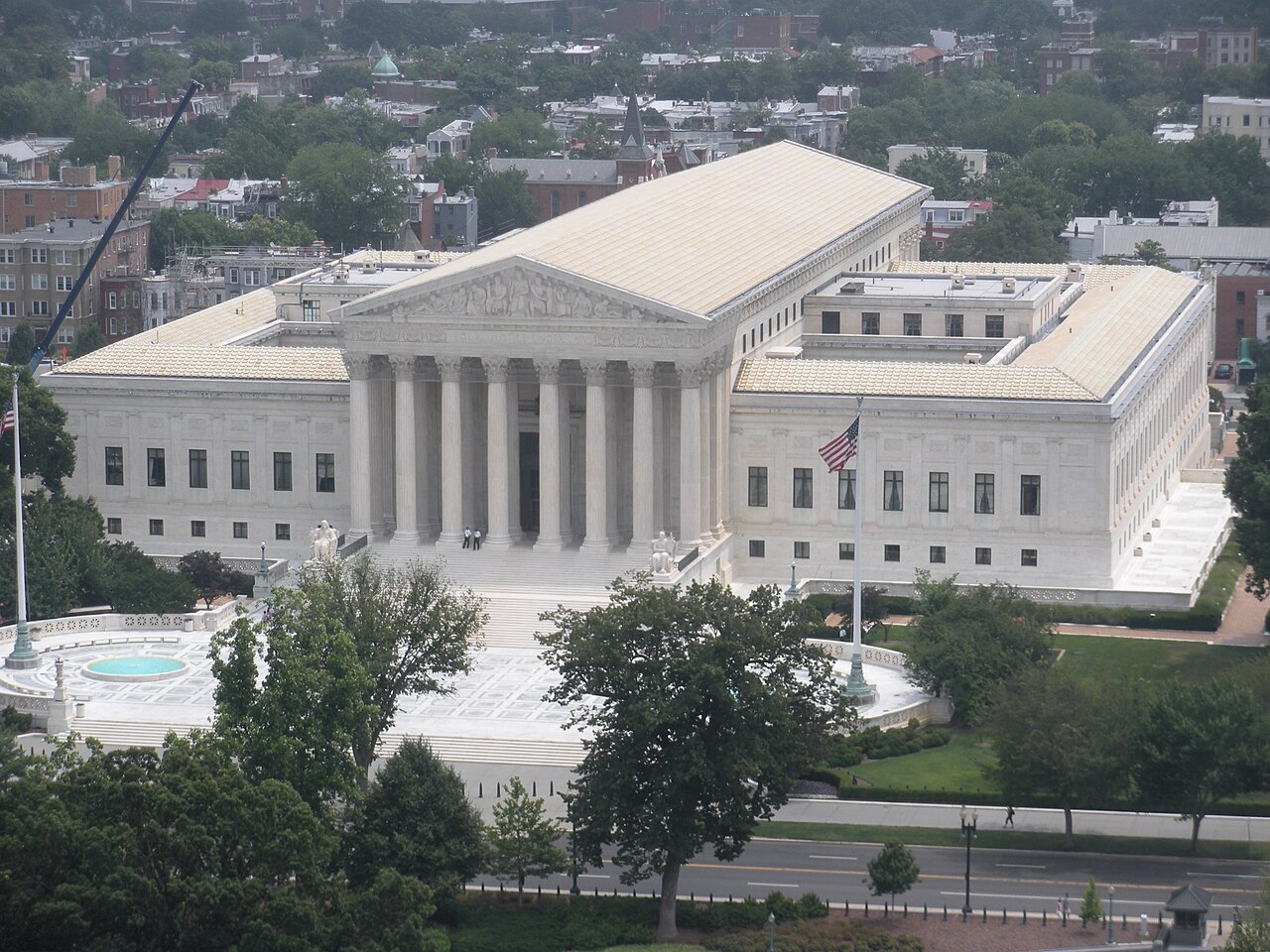California coastline regulator’s powers could be curtailed – Washington Examiner
The California Coastal Commission (CCC), wich oversees the state’s 840-mile coastline, is under scrutiny for its authority and actions that critics argue exceed its mandate.Established by a voter initiative in 1972, the CCC’s mission is to protect and conserve the California coastline, including access to the Pacific Ocean for beachgoers and limiting waterfront development.
Despite its support from some environmental advocates for preventing overdevelopment, the CCC faces bipartisan criticism for its perceived anti-development stance, especially given the rising housing costs in California. Lawmakers are hesitant to limit the commission’s powers, though some, like Rep. Kevin Kiley (R-CA), are pushing legislation to curb its influence over federal lands.Kiley’s proposed Coastal Commission Accountability Act aims to ensure that the CCC cannot obstruct projects with significant economic impact.
the commission has also come under fire for its political actions,such as opposing SpaceX’s rocket launches due to perceived political motives against Elon Musk. This has led to allegations of overreach and political retribution,with both Musk and California Governor Gavin Newsom voicing opposition to the commission’s actions.
As California grapples with increasing development pressures and environmental challenges, the future of the CCC’s authority remains a contentious issue, with ongoing discussions about regulatory reform.
California coastline regulator’s powers could be curtailed
A small but powerful California agency that oversees the state’s 840-mile coastline is facing scrutiny for decisions that critics say exceed its mission, which includes protecting Pacific Ocean access for beachgoers and staving off waterfront development.
First established via voter initiative in 1972, the California Coastal Commission’s mandate is “to protect, conserve, restore, and enhance the environment of the California coastline.”
The 12-member panel controls construction along the sprawling coast stretching from the U.S.-Mexico border north to the Oregon state line. Including buildings, housing, roads, and fire prevention efforts in a varied coastline that includes 420 beaches, iconic oceanfront cliffs and bluffs, and, at California’s far north end, terrain so rugged that the ocean isn’t accessible by road, with steep climbs down and back up, the Lost Coast’s only access points.
UCLA law professor Jonathan Zasloff once called the CCC the “single most powerful land-use authority” in America. It has sparred with figures ranging from Hollywood legends Clint Eastwood and David Geffen to then-businessman, now-President Donald Trump to transportation authorities and cities.
CCC defenders contend its unusual powers have prevented the California coastline from turning into a version of gaudy, development-heavy oceanfront areas elsewhere in the nation. They often cited high-rise towers in and around Fort Lauderdale, in South Florida, and similar oceanfront development in the Myrtle Beach, South Carolina, area.
In California, state lawmakers appear hesitant to pass legislation clawing back the CCC’s powers. While a handful of California Democrats teamed up with Yes In My Backyard activists on reform legislation last year, the proposals went nowhere.
National Republicans want the federal government to curb the CCC’s influence. Ric Grenell, a special envoy for Trump, told Conservative Political Action Conference attendees earlier this year that the commission was a disaster that needed to be defunded. He suggested attaching strings to California’s $40 billion wildfire recovery funding request in hopes of getting rid of the CCC.
Grenell, who may run for California governor, said he didn’t believe the state would make environmental changes to reduce wildfire threats. “It’s going to happen again,” he promised when referencing January’s Los Angeles fires.
While Congress has yet to vote on California’s aid request, Rep. Kevin Kiley (R-CA) has proposed legislation limiting the CCC’s power over federal lands.
Calling the commission “one of the most out-of-control and damaging agencies in the country,” Kiley told the Washington Examiner that members put ideology ahead of important coastal activities.
“They have just almost developed this sense that there’s no limit on their authority, and they can do whatever they want,” said Kiley, who represents California’s 3rd Congressional District, stretching hundreds of miles along the Nevada state line and immediately west, from the northeastern Sacramento suburbs and Lake Tahoe to Death Valley.
Kiley’s Coastal Commission Accountability Act would amend existing federal law to prevent objections or challenges by the CCC from delaying “or otherwise preventing” a project with “a significant national or regional economic impact” from moving forward. Covered projects would also include national security activity, critical infrastructure projects, disaster recovery, and mitigation activity.
“It’s time for some accountability,” said Kiley, who, as a state lawmaker, ran in the 2021 gubernatorial recall, which Gov. Gavin Newsom (D-CA) beat back and retained the office.
Kiley, 40, believes taxpayers are paying the price, in terms of disaster relief aid, for the extreme environmental viewpoints of CCC commissioners. Any reform that prevents the commission from having “nationwide consequences” is something people should support, said Kiley, first elected to the House in 2022 after six years in the state Assembly.
No hearing has been scheduled regarding Kiley’s proposal. However, he’s confident the bill will make it through the House, whether as a stand-alone bill or in different legislation.
“I’m hopeful that one way or another, we will see meaningful reform … this year,” said Kiley, a graduate of Harvard University and Yale Law School, and a fierce critic of Newsom and the dominant Democratic legislative majorities in Sacramento.
While some California conservative activists see Kiley’s reform bill as a step in the right direction, others want more drastic federal action. California Policy Center co-founder Edward Ring suggested the federal government put the CCC into receivership. That would allow the National Oceanic and Atmospheric Administration to appoint a California administrator to take over the commission. California and the CCC could be reconstituted, Ring argued, if the state refined its regulatory requirements to “constitutionally protected property rights” and the federal Coastal Zone Management Act’s public safety requirements.
“Under this approach, local land use authority would be restored without Commission oversight,” Ring wrote.
CCC officials weren’t interested in discussing Kiley’s bill.
“We are not commenting on this proposal at this time,” CCC spokesman Joshua Smith told the Washington Examiner.
Bipartisan anger at the California Coastal Commission
California voters approved the creation of the CCC at a time of rising environmental consciousness. The 1972 favorable vote came just three years after the massive Santa Barbara oil spill, and two years after the first Earth Day.
But the agency’s anti-development bent soon sparked bipartisan backlash, particularly amid lean years of recession in the late 1970s and early 1980s. In 1978, Democratic California Gov. Jerry Brown, in his first gubernatorial stint, infamously called CCC board members “bureaucratic thugs”. That was just two years after signing a bill making the agency’s mission permanent. In the 1980s, the administration of President Ronald Reagan, who had been Brown’s predecessor as California governor from 1967 to 1975, considered decertifying the CCC for its opposition to offshore oil development. And the Supreme Court ruled the CCC violated the Fifth Amendment in the 1987 Nollan v. CCC decision by refusing to allow a family to replace a bungalow with a larger house.
In recent years, with California housing costs soaring and the need for development growing more acute, the commission has drawn increased scrutiny because, among other things, it can object to projects on federally regulated lands if it determines the project is inconsistent with California laws.
The CCC drew criticism last year when it objected to an Air Force proposal to increase SpaceX rocket launches from Vandenberg Space Force Base in Santa Barbara County. The launches, tied to SpaceX’s role as a key military contractor, were intended to support U.S. defense efforts.
Commissioners largely sidestepped environmental concerns during a hearing on the launches and instead criticized SpaceX head Elon Musk’s political behavior. In 2024, Musk became a fervent Trump supporter and then the leader of the White House’s Department of Government Efficiency.
“We’re dealing with a company, the head of which has aggressively injected himself into the presidential race,” CCC Chairwoman Caryl Hart said.
Commissioner Gretchen Newsom, of no relation to the governor, fretted about Musk’s political attacks on then-President Joe Biden’s administration.
Musk “is hopping about the country, spewing and tweeting political falsehoods and attacking [the Federal Emergency Management Agency] while claiming his desire to help hurricane victims with free Starlink access to the Internet,” Gretchen Newsom wrote.
Meanwhile, Commissioner Mike Wilson warned that Musk could be using the federal government to further business interests.
“This company is owned by the richest person in the world with direct control of what could be the most expansive communications system on the planet,” Wilson said. “Just last week, that person was talking about political retribution.”
Musk sued and claimed it was the commission that engaged in “political retribution.” Musk’s attorneys said the CCC “made so clear” it was going beyond its mandate to hurt a company for Musk’s “political views and statements.”
He received backing from Gavin Newsom, who said, “I’m with Elon,” despite their political differences.
TRUMP’S ‘NO TAXES ON OVERTIME’ PROPOSAL: WHAT TO KNOW
Newsom’s support wasn’t surprising, given his relationship with the CCC. After wildfires swept through the Los Angeles region in January, Newsom issued an executive order suspending certain permitting requirements. Another executive order followed two weeks later with a Newsom vow not to let “over-regulation stop us from helping the LA community rebuild.”
The governor’s office did not respond to requests for comments on its relationship with the CCC or on whether it supports proposed CCC reforms such as those Kiley is advocating.
Taylor Millard is a freelance journalist who lives in Virginia.
" Conservative News Daily does not always share or support the views and opinions expressed here; they are just those of the writer."


